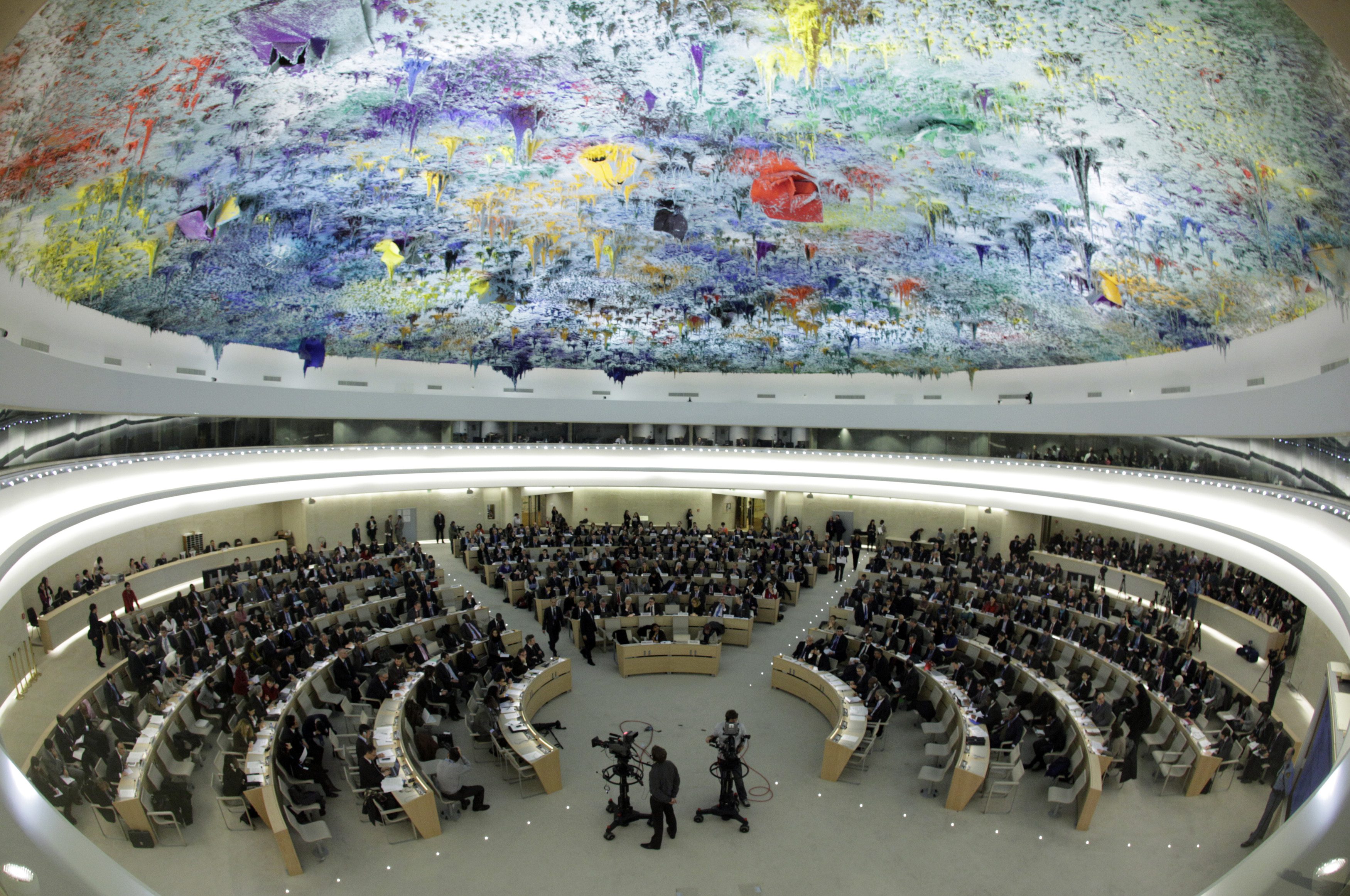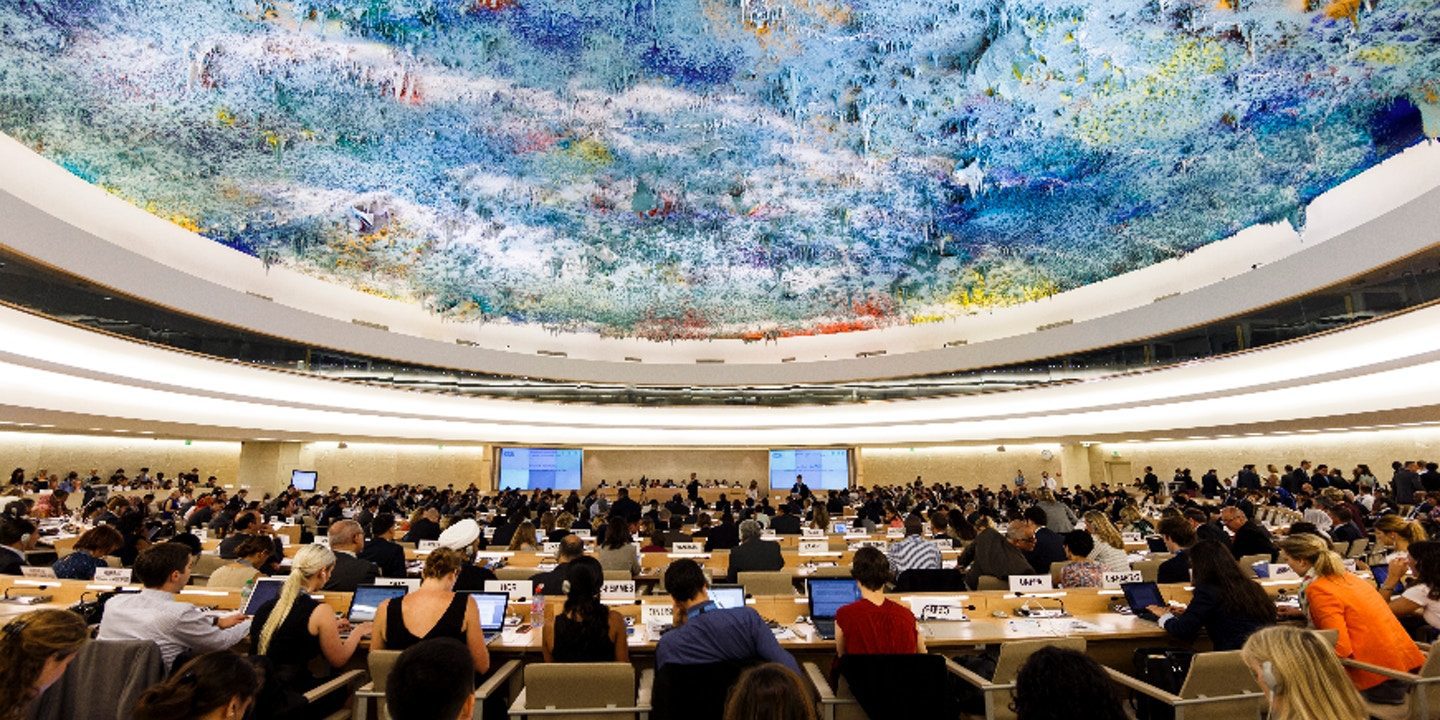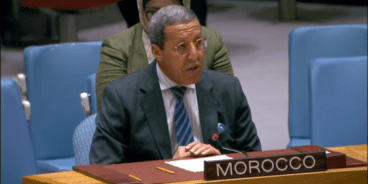

Statement delivered on behalf of the Group of Friends of R2P at the 2nd Intersessional seminar on the contribution of the Human Rights Council to the prevention of human rights violations
The following statement was delivered by the Group of Friends on R2P Geneva at the 2nd Intersessional seminar on the contribution of the Human Rights Council to the prevention of human rights violations
Mr. President,
I have the honour to deliver this statement on behalf of members of the Group of Friends of the Responsibility to Protect. We would like to thank the Chair-rapporteur and all the panelists for their remarks.
The Group of Friends of R2P has continuously emphasized that widespread and systematic violations of human rights can serve as early warning signs of potential genocide, war crimes, ethnic cleansing and/or crimes against humanity. The prevention of such violations, including through accountability, is crucial to ensure prevention of their potential escalation into atrocity crimes.
In this regard, we welcome today’s discussion on the cooperation between the Human Rights Council and the pillars of the United Nations system on the prevention of human rights violations with the view to sustaining peace and implementing sustainable development.
The relationship between human rights and development, including the 2030 Agenda for Sustainable Development, is mutually reinforcing and complementary. Without addressing human rights violations and abuses persistent in many places around the world, progress in sustainable development will be impeded. It is therefore crucial to recognize that the pursuit of good governance, legitimate and accountable domestic institutions and the rule of law are not only key for sustainable development, but further constitute pre-requisites for societies which are resilient to discrimination, radicalisation and other warning signs which, if not addressed, could lead to atrocities.
We, therefore, call upon the HRC, within its mandate, to deepen its engagement with development stakeholders, including international and regional mechanisms, national institutions and civil society, to better embed and integrate its work, in particular those focusing on technical assistance and capacity building, in frameworks focusing on the implementation of the SDGs. In this regard, we welcome the Secretary-General’s prioritisation of a systematic integration of human rights into the work of Resident Coordinators and UN country teams.
We further recognize the linkages between the peace and security agenda and the work of the HRC. Placing human rights at the centre of conflict and atrocity agendas is essential for effective prevention, and requires systematic cooperation between the Human Rights Council, within its mandate, and other relevant UN mechanisms. We encourage all pillars of the UN system to consider and make use of the vast information that Geneva-based UN human
rights mechanisms provide, including the work carried out by independent investigative mechanisms mandated by the HRC. In addition, we also encourage greater exchange and interaction between the HRC and the Third Committee in order to further enhance consistency and coherence. Lastly, we also encourage the UN Joint Office on the Prevention of Genocide and the Responsibility to Protect to provide regular briefings to member states in both Geneva and New York.
Madame Chair,
We recognize the crucial role that Geneva-based human rights mechanisms play to bridge the gap between human rights and the development and peace and security agenda and vice versa. However, in your opinion, how can UN development and peace and security mechanisms in New York and elsewhere better collaborate with Geneva-based human rights institutions?
Thank you.
Related Content

